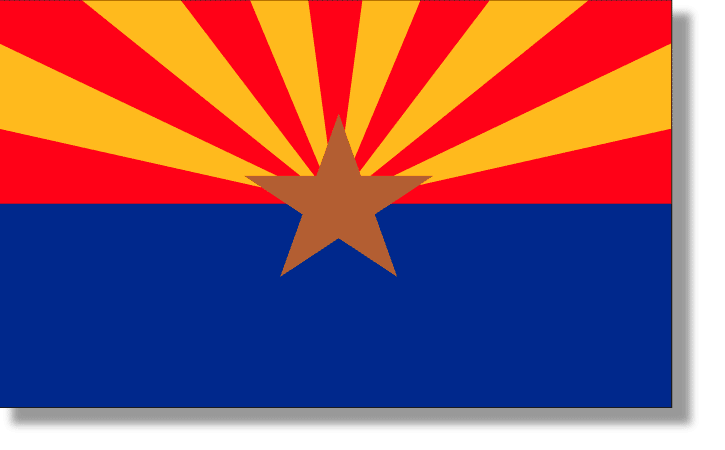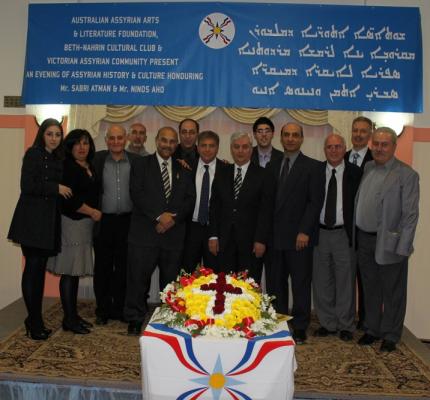The Australian Prime Minister, Stanley M.Bruce (1923-29) appointed Richard Gardiner Casey as Australian political liaison officer to London in late 1923. This decision proved to be very important for Australia, at a time when it was trying to chart its own ‘independent’ foreign policy within a British imperial framework
Casey had direct access to secret British documents and also held conversations with officials of the British Foreign and Colonial offices’. Over the next 5 years Casey was to provide Bruce in form of secret cables and private letters information on British foreign policy covering a multitude of issues. This correspondence contained summaries of secret Foreign Office documents and Casey’s own observations on international affairs. He also forwarded copies of official secret British documents to the Australian Prime Minister.
The attached document is one of many that Casey passed onto the Australian Prime Minister which contains a summary of Anglo-Iraq treaties signed in 1922 and 1924, the question of oil and British promises for Iraq to become a member of the League of Nations in 1932. The two British officials mentioned in the attached document are Sir Gilbert Clayton (1875-1929) and Sir John Shuckburgh (1877-1953). The former served as an intelligence officer in the Arab Bureau in Cairo, Egypt during the First World War. After 1919, he worked for the Colonial Office in the administration of Palestine, negotiating treaties with various Arab leaders in the Persian Gulf on behalf of the British Government and appointed High Commissioner to the British mandate of Iraq in 1928. He died from a heart attack in 1929. The latter worked in the Middle East department of the Colonial Office and was closely associated with the affairs of Palestine and Iraq.[2]
There are two oil companies mentioned – the Anglo-Persian Oil Company (British) and Iraq Oil Company (previously known as the Turkish Petroleum Company) , an international company whose shares were held by the Anglo-Persian, Anglo-Dutch Shell group, American and French groups.[3] These oil fields were vital to Britain’s strategic, economic and political interests in the Persian Gulf and with its imperial communication in India.
Stavros T.Stavridis
[1] This is a slightly expanded version of the original published in the online edition of Zinda Magazine, see http://www.zindamagazine.com/html/archives/2004/5.17.04/index.php#Literatus (Accessed August 1, 2018)
[2] A brief background on Clayton and Shuckburgh can be found in their obituaries, See The Times, September 12, 1929, p.14; The Times, February 10, 1953, p.8
[3] The Anglo-Persian Company, The Times, June 26, 1929, p.23



